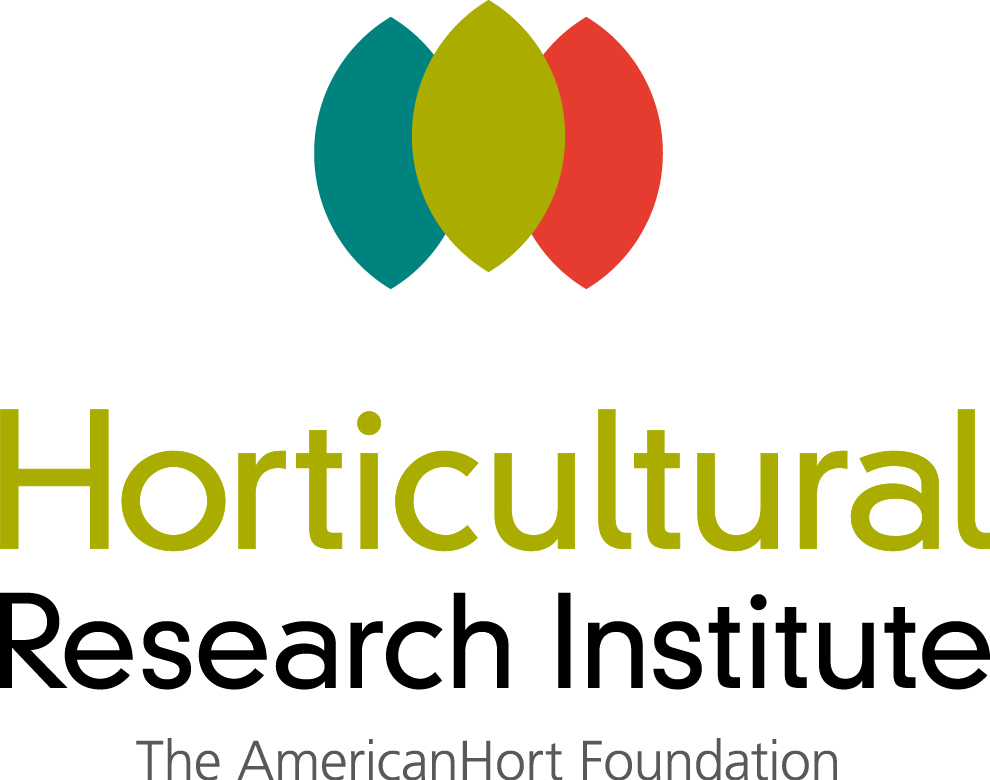Feeding Responses of Japanese Beetle to Naturally Occurring Metabolites Found in Rosaceous Plants
Endogenous allelochemicals can have a profound influence on host plant resistance to arthropod pests. This study evaluated 22 naturally-occurring compounds found in Rosaceous trees for their influence on feeding of adult Japanese beetles [Popillia japonica (Newman)]. Individual compounds were incorporated into artificial diets at concentrations from 0 to 100 mM. No-choice feeding trials were conducted over 24 hours. Four general trends were recognized among the dose responses: 1) no response: benzaldehyde, calcium oxalate, tannic acid, 2) stimulatory: rutin, 3) optimal peak: benzoic acid, phloridzin, quercetin, catechin, geraniol, arbutin, caffeic acid, chlorogenic acid, and 4) inhibitory: p-coumaric acid, eugenol, amygdalin, phloretin, naringenin, o-coumaric acid, arginine, asparagine, oxalic acid, and gallic acid. These results suggest that variation in chemical constituents and concentrations may have a strong influence on host plant resistance to Japanese beetles among Rosaceous plants.Abstract
Contributor Notes
The research reported herein was funded in part by the North Carolina Agricultural Research Service (NCARS), Raleigh, NC 27695-7643, The Horticultural Research Institute, 1250 I Street, N.W., Suite 500, Washinton, DC 20005, and the International Society of Aboriculture Research Trust. The authors gratefully acknowledge the technical assistance of Everett P. Whitman II and Eleanor P. Maness. From a thesis submitted by the senior author in partial fulfillment of the requirements for the MS degree.
2Graduate Research Assistant.
3Associate Professor.
4Associate Professor, Department of Entomology.
